Welcome! This page describes the 2020/2021 version of the training.
The newest version of the EcoSattva Training is available now.
Learn more and register.
In the backdrop of a pandemic and state actors actively hostile to science, ecological breakdown looms. The potential for overwhelm is real. While we take steps to demand racial justice, protect voting rights, or defend ecosystems, we can also invest in our inner resources. With the support of community, we can turn toward difficulty and transmute it into wisdom. Supported by a diverse and rich set of teachers, we invite you to gather with others online and explore our respective edges, meeting all that arises in us and discovering an authentic way forward.
The EcoSattva Training has been specifically designed to support self-paced and self-scheduled participation, with core video teachings and plentiful resources for contemplation and interacting with fellow participants. It is ideally experienced in a small group, which can be in-person or online; no matter where you are or whether it is safe yet to meet up, you can start or join a group to progress through the course. Then join the monthly live sessions to connect with the global community of registered EcoSattvas in training, no matter where each is in the course.
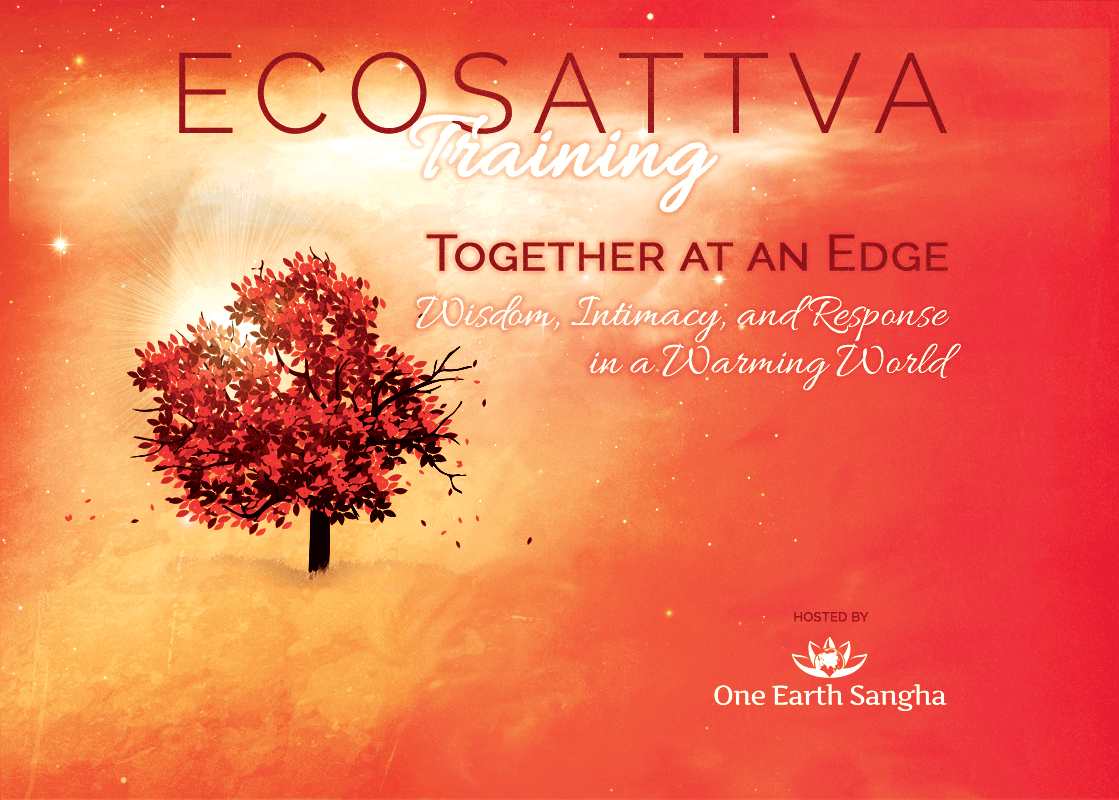
We’ll try to answer your basic questions on this page and keep it updated with the all the latest details.
Contents
Click to jump to any of the sections below.
Together at an Edge: The EcoSattva Training
The ecological breakdown unfolds all around us, and many of its compounding effects cannot be stopped, much less reversed. As here-and-now evidence of the dawning climate crisis mounts, the grief, anxiety and depression we may experience constitutes a psychological “eco-crisis tax” on everyday life. We don’t know what is to come, but we are living at a pivotal time, an edge.
The EcoSattva Training is designed to meet participants in this unprecedented challenge with new insights from both the Dharma as well as the growing field of climate psychology. We will journey together to soothe and ultimately unbind our bodies, hearts and minds so that they can actively and creatively love this life. Deeply rooted and thoroughly engaged, we can express the most authentically helpful response to ecological crisis that is available to us.
Overview of the Course
The course will begin at the level of experience, a good place to start given our pervasive stress. Climate psychologists are demonstrating that these crises are traumatizing, with the attendant adaptations to trauma showing up in both our individual and collective defenses. We will spend time in this course understanding that dynamic and then bring in specific Dharma and trauma-informed practices that can soothe our eco-stressed bodies, hearts and minds.
Having cultivated an inner landscape of kindness and calm, both ancient Dharma as well as modern climate psychology can support us in challenging the views and patterns that only contribute to suffering, individually and collectively. We will explore the intersections between ecological harm with other forms of objectification and exploitation, especially in regards to race, revealing their common roots and common remedies. In the final part of the course, we will explore diverse forms of response, from the surprisingly important changes we can make in our everyday lives, to the necessary refusals to cooperate with systems of domination, and everything in between.
Though the edges may be different, we’ll be together at an edge.
- Session One: Gathering and Setting a Course
- Special Session: Mind and Resilience
- Session Two: Cultivating Conditions for Transformation
- Session Three: Compassionate Reflection
- Session Four: Intersections in Racism, Colonialism, Patriarchy and Ecological Crises
- Session Five: Making a Home in Uncertainty
- Session Six: Creating and Discovering The Way
- Session Seven: Expressing Our Awakening Agency
- Session Eight: Going Forth
Who is this for?
This course is for you if:
- you are intrigued by the possibility of finding well-being amid what can seem like an impossible situation;
- you are interested in a response to climate crises that is deeply rooted and meaningful;
- you want to build confidence that you can make a difference.
To understand the full context of the training, some interest in or experience with Buddhism will be helpful. But we encourage participants of any (or no) spiritual background to join.
Here’s what participants have said about previous versions of our trainings:
The Dharma is a terrific lens through which to view ecoactivism. This has helped me think about ways to help others who are either overwhelmed or think no action can be sufficiently effective and have given up.
…the energy and profundity of the series was tangible. I have been feeling ‘pushed’ in my personal life around the subject of the environment and so it was really wonderful to dive deeper into the struggle with so many wisdom figures whose message was ‘yes, this is reality, and we have the spiritual tools to hold this.’
I really appreciated feeling like a part of a Sangha on the topic of Climate Change. I didn’t realize how alone and isolated I felt on this issue until I really felt the support of all of you and the broader community.
I see that, even though I am a long-term committed activist, there are many fears that I had not been willing to look at before. Now I have the courage, doing this in a group. This course really helped.
Who Is Featured?
We are delighted and honored to feature the following leaders from across Western Dharma traditions.
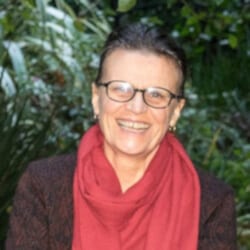
Thanissara trained was a monastic in the Ajahn Chah Forest Tradition for 12 years. She’s led retreats since 1988, and co-founded Dharmagiri in South Africa and Sacred Mountain Sangha based in California. She has an MA in Mindfulness-Based Psychotherapy from the UK, and is author of several books, including Time to Stand Up: An Engaged Buddhist Manifesto for Our Earth — The Buddha’s Life and Message through Feminine Eyes.
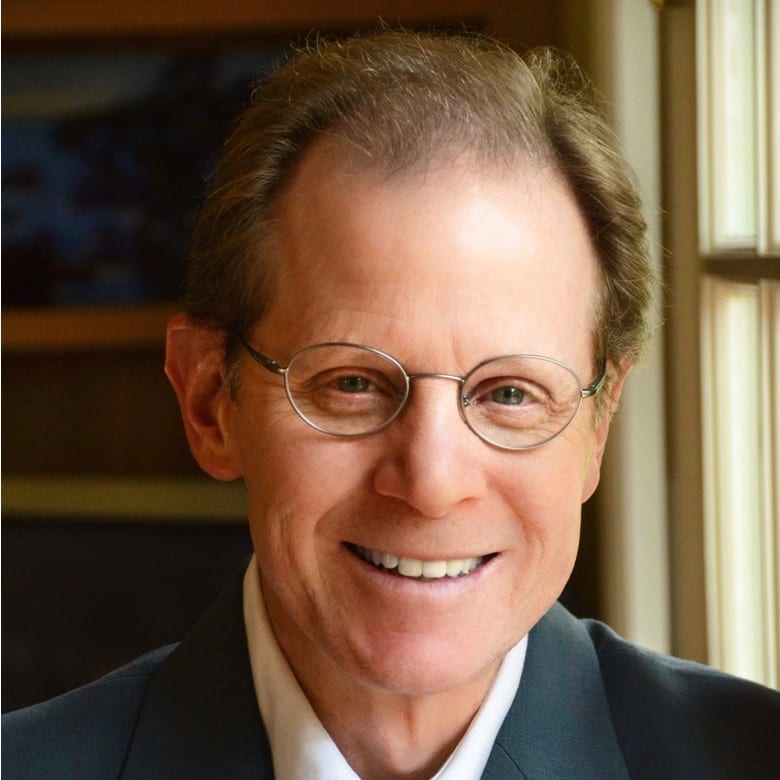
Daniel J. Siegel, MD, is the executive director of the Mindsight Institute and founding co-director of the UCLA Mindful Awareness Research Center. A graduate of Harvard Medical School, Dr. Siegel is a New York Times bestselling author of several books including Mind, The Mindful Brain, Parenting from the Inside Out, Aware, and the internationally acclaimed bestselling textbook The Developing Mind, which has been utilized by a number of organizations including the US Department of Justice and the Vatican. Dr. Siegel’s publications for professionals and the public have been translated into over 40 languages.
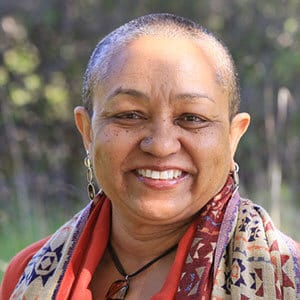
Noliwe Alexander has been a student of Vipassana meditation for close to 20 years. She is a Life & Business Coach dedicating both her coaching & Dharma practice to the POC, LGBT, At Risk and Elder communities. Noliwe is a teacher in training with Spirit Rock and an assistant teacher on CDL6. Noliwe is a wisdom keeper and humbled by the presence of her ancestor’s spirit that lives within and walks beside her.
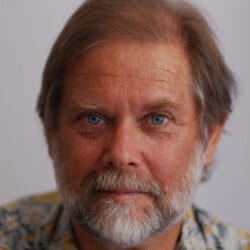
David Robert Loy is a professor, writer, and teacher in the Sanbo tradition of Japanese Zen Buddhism. A student of Yamada Koun and Robert Aitken, he was authorized to teach in 1988 and leads retreats and workshops nationally and internationally. He is author of EcoDharma: Buddhist Teachings for the Ecological Crisis and A New Buddhist Path: Enlightenment, Evolution, and Ethics in the Modern World, and he is co-editor of A Buddhist Response to the Climate Emergency. He is also director and vice-president of the Rocky Mountain Ecodharma Retreat Center.
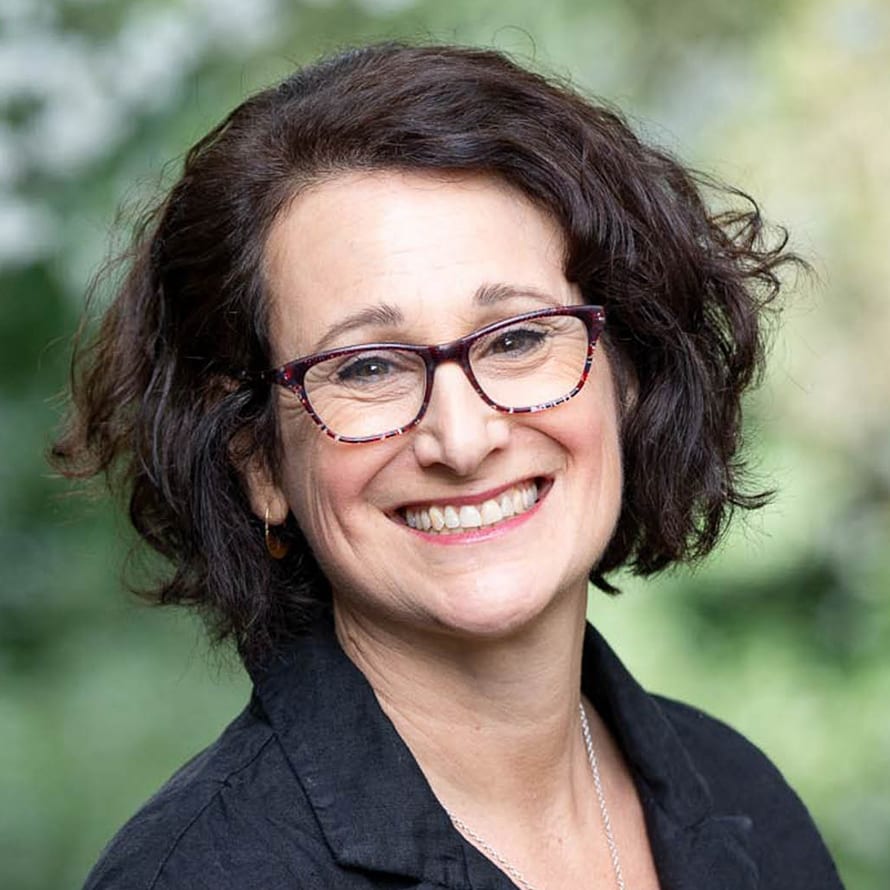
Renee Lertzman is an applied social scientist with expertise in environmental engagement and climate communications. Informed by her practice in the Insight tradition, she teaches and consults in the emerging field of climate psychology and is author of Environmental Melancholia: Psychoanalytic Dimensions of Engagement. Learn more about Renee’s work at ReneeLertzman.com
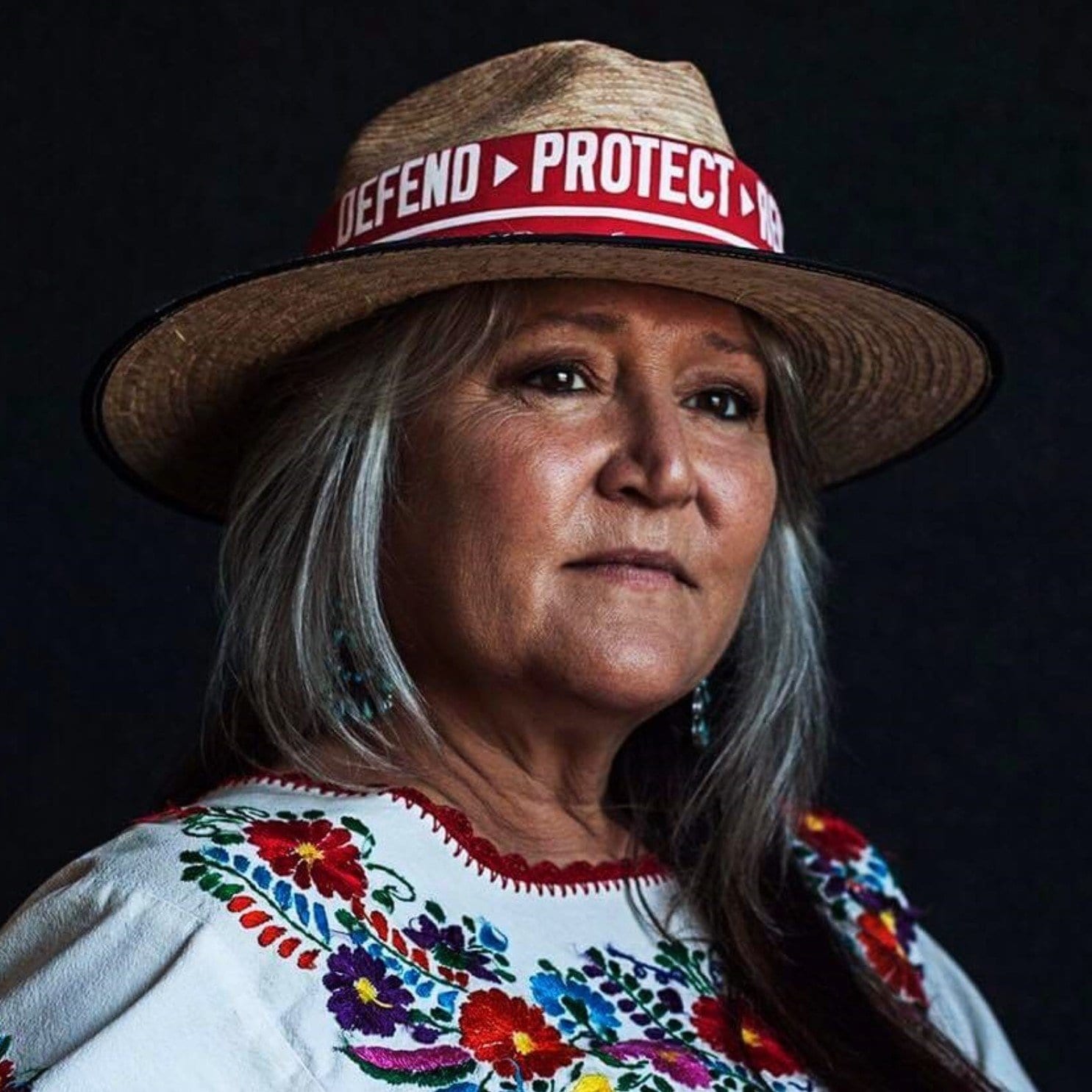
Pennie Opal Plant is one of the co-founders of Idle No More SF Bay, a co-founder of Movement Rights and a signatory of the Indigenous Women of the Americas Defending Mother Earth Treaty. She has worked for over 35 years to ensure that the sacred system of life continues in a manner that is safe, sustainable and healthy. Her mother is Yaqui and Mexican, her father undocumented Choctaw, Cherokee and European. No members of her family have ever lived on a reservation. She lives in unincorporated Contra Costa County and sees the Chevron refinery in Richmond, California every day.
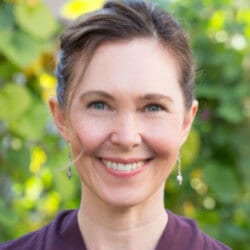
Willa is the Founder and Spiritual Director of Natural Dharma Fellowship in Boston, MA and its retreat center Wonderwell Mountain Refuge in Springfield, NH. She is Visiting Lecturer in Buddhist Ministry at Harvard Divinity School. As a writer and editor, her work has been published in Journal of the International Association of Buddhist Studies, Buddhadharma, and the Tibet Journal. Willa’s teaching interests include compassion, non-dual embodiment and contemplative care.
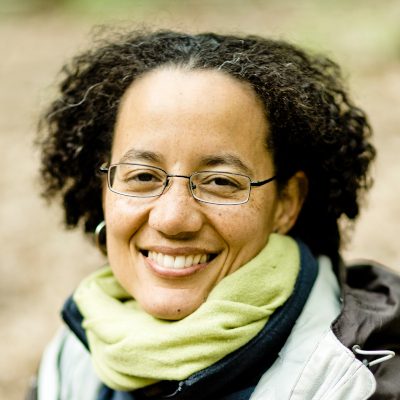
Kaira Jewel Lingo began practicing mindfulness in 1997 and teaches Buddhist meditation, secular mindfulness, and compassion internationally. After living as an ordained nun for 15 years in Thich Nhat Hanh’s monastic community, Kaira Jewel teaches in the Zen lineage and the Vipassana tradition, at the intersection of racial, climate and social justice with a focus on activists, Black/Indigenous/People of Color, artists, educators, families, and youth. Now based in New York, she offers spiritual mentoring to individuals and groups. She is author of the forthcoming We Were Made for These Times: Skilfully Moving through Change, Loss and Disruption (Parallax, November 2, 2021)
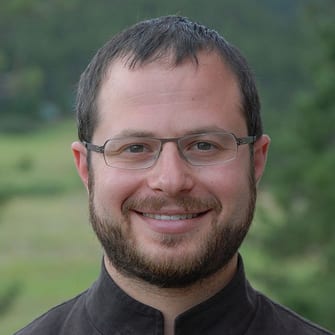
Adam Lobel, PhD, Harvard University, is a scholar of philosophy and religion and a longtime teacher in the Shambhala tradition. A speaker on ecology and spirituality at the United Nations, he was part of the first delegation of Buddhist teachers invited to the White House. He leads ecodharma workshops is a Greenfaith fellow, and active in ecopsychology and ecological and social justice movements. Adam’s teachings focus on Great Perfection Tibetan Buddhism, modern phenomenology, and inoperative studies. As a founding practitioner-educator at the City of Bridges High School, he has a longstanding interest in progressive contemplative education, philosophy as a way of life, and transformative pedagogy. A professor of Buddhist and phenomenological psychology, he is curious about a cultural and political therapeutics for a collapsing society.
Here at the outset, Adam would like to acknowledge with a full-heart the challenge of being part of the leadership in Shambhala in the midst of the revelations of sexual abuse and abuse of power within the 50 years of our tradition. He feels that it is critically important to clearly state his commitment to healing, radical safety, and transformative justice. For Adam, this begins with complete acknowledgement of the pain we caused within our community.
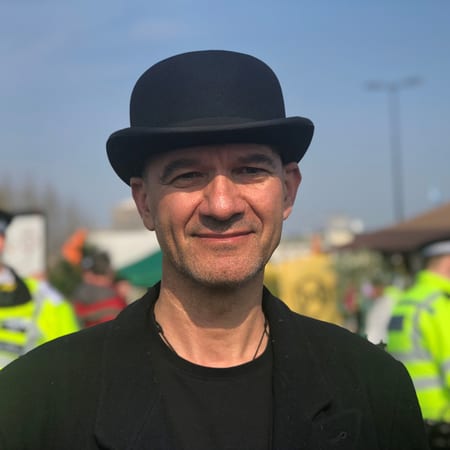
Yanai Postelnik has been engaged in full-time dharma practice and service since 1990. His practice and teaching are inspired by the Thai forest tradition and nourished by time spent in the natural world. Yanai has been teaching retreats around the world for 20 years. He serves as a guiding teacher of Gaia House, England and a core faculty member of Insight Meditation Society, Massachusetts. He is actively involved in Extinction Rebellion protests in the UK.
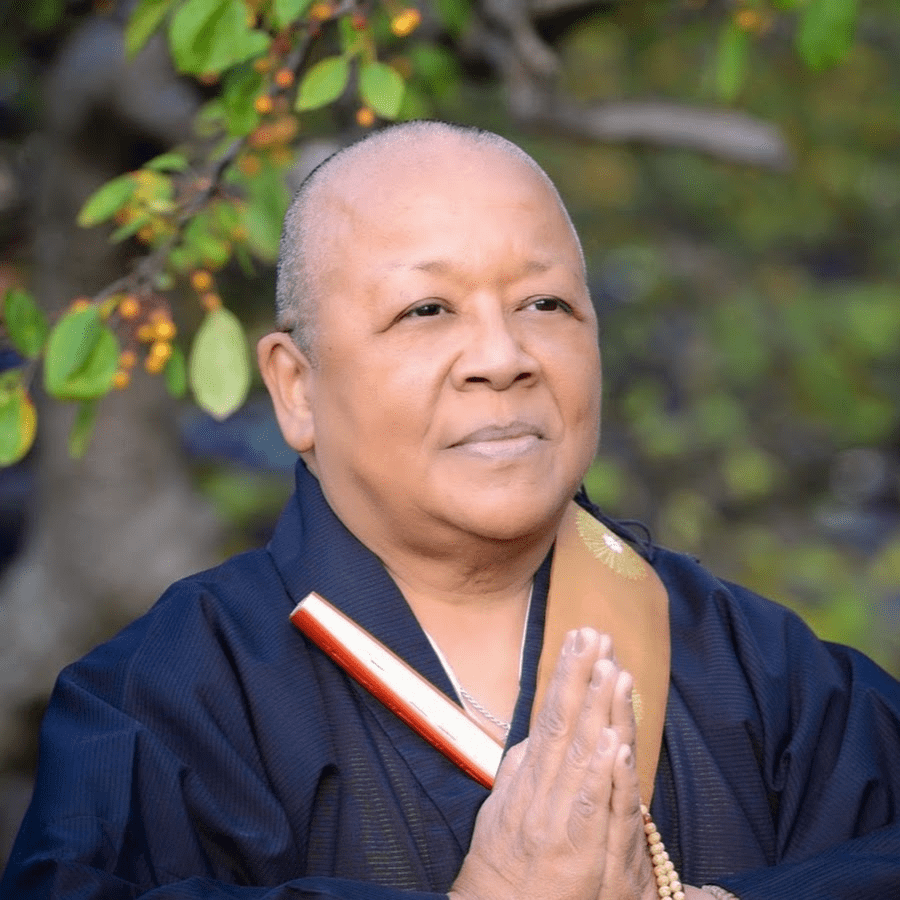
Myokei Caine-Barrett, Shonin, first encountered Buddhism in 1963. She has been practicing the Lotus Sutra ever since. In 2002 she began training to become a priest. She became head priest and guiding teacher of the Nichiren Buddhist Sangha of Texas in Houston, also known as Myoken-ji Temple, in 2007. Myokei Caine-Barrett has active prison and hospice ministries and deeply committed to healing our culture. She is currently bishop of the Nichiren Shu Order of North America.
How can I participate?
Registration for this version of the training is now closed. We warmly invite you to explore the newest version of the EcoSattva Training:
What’s the Schedule and Session Format?
Key Dates:
- Course resources are available here. You may start any time and proceed at your own pace.
There is no fixed schedule for course modules. Instead, the course is specifically designed to support you and your local community in participating according to your own schedule. Once enrolled, you and members of your group will be able to access the module resources. You (hopefully with your group) can begin when it works for you and then meet weekly, bi-weekly, monthly or whatever frequency works for you.
There are eight core modules and one special module (on mind and resilience) that together create an archetypal journey to a place out beyond our familiar ways of looking, knowing, feeling and identifying. Guided by some of our community’s most profound leaders and through practices, we’ll be supported in opening up, letting go, and coming to terms.
Each module is designed to support groups in gathering for 60 to 90 minutes. We recommend that group members watch the session videos on their own before meeting, to maximize time for sharing and connecting. The meeting should provide time to do a brief opening, explore the provided inquiries, engage in discussion, cover logistics and close. You might choose to add an extended opening meditation, which will bring the gathering time closer to 90 minutes. Each module will have its own page on our site that contains the a sample agenda, the main video, a set of inquiries to choose from and a supportive resources. Of course, groups are invited to use what works for them, removing and adding as will be most helpful.
Here’s a sample agenda for a 60-minute gathering (exclusive of an extended meditation)
- Open – 15 min
- Gather attention and check in
- This Module: 35 min
- Reflecting on last Module: 15 min
- Explore an inquiry, individually in meditation, journaling, in dyads or groups: 20 min
For group sharing methods, you might use 1-2-4-all, Conversation Cafe, or other approaches found on Liberating Structures - Practices or inquires to explore between the current and next module
- Closing 10 min
- Logistics and host appreciation
- Silence or other ceremonial ending
- Dedication of merit (feel free to lift ours!)
Our Group Facilitator’s Guide covers alternatives to this agenda, goes into more detail and offers helpful tools.
Gratitude
In addition to the session leaders, an amazing team has combined their talents to bring this series to life. We are so grateful to Adam Lobel, Kate Davies, Tashi Black, Osa Arkin, Katie Webber, Katie Benvenuti, and Mark Rasmuson. We would also like to thank Jeff Wessman of Inner Active Media for the video titles as well as our guiding teachers for all of their support.
I still have questions
Please don’t hesitate to contact us by email by email and we’ll do our best!
